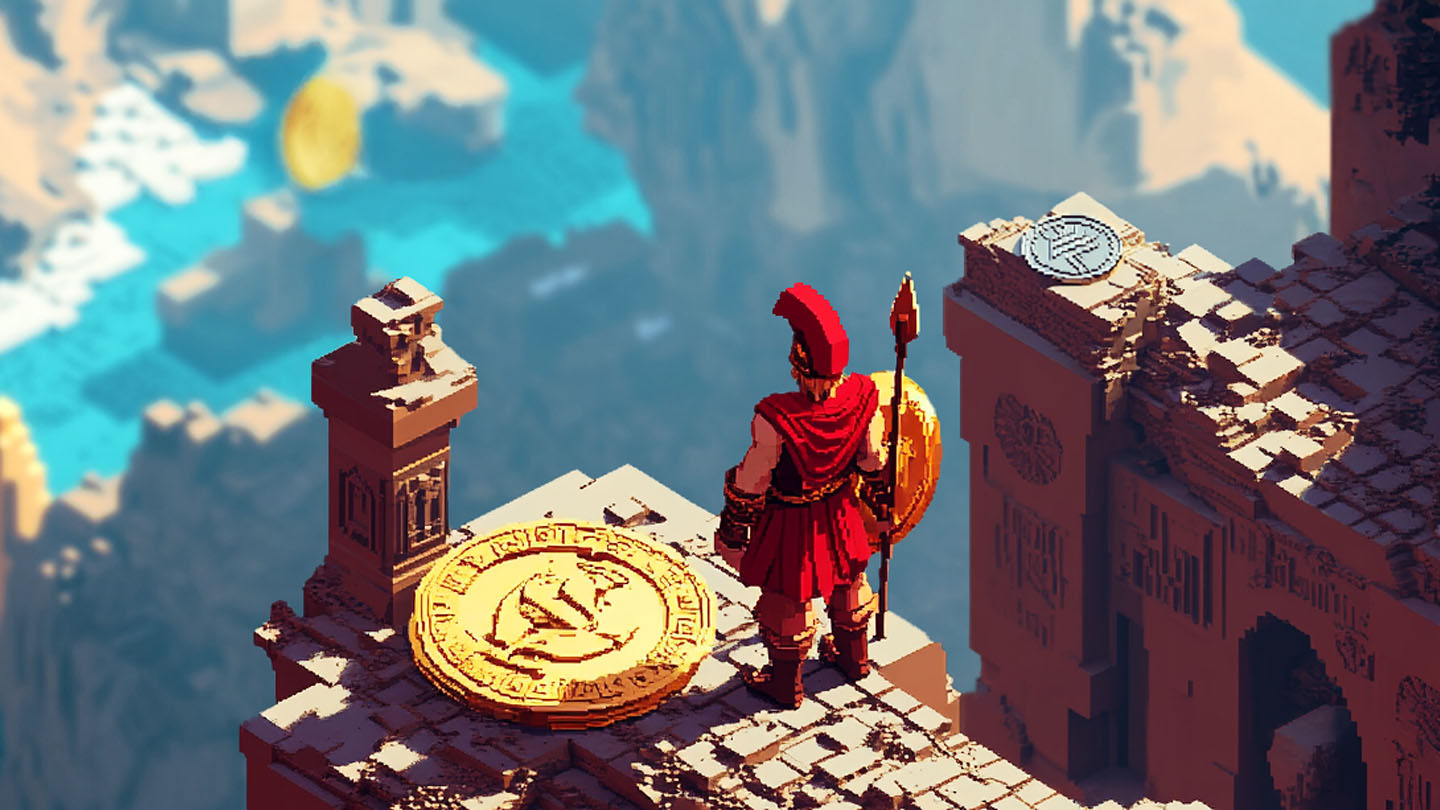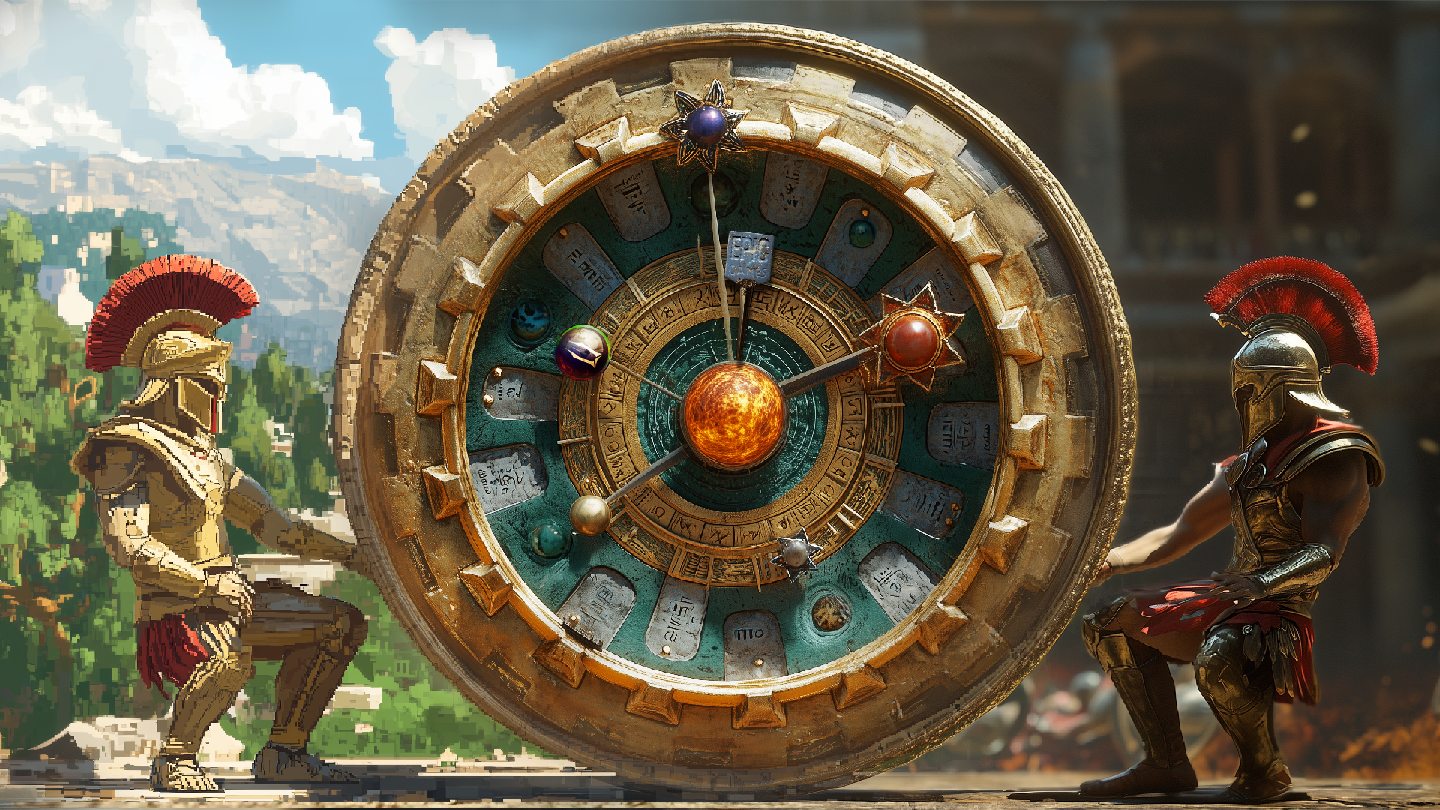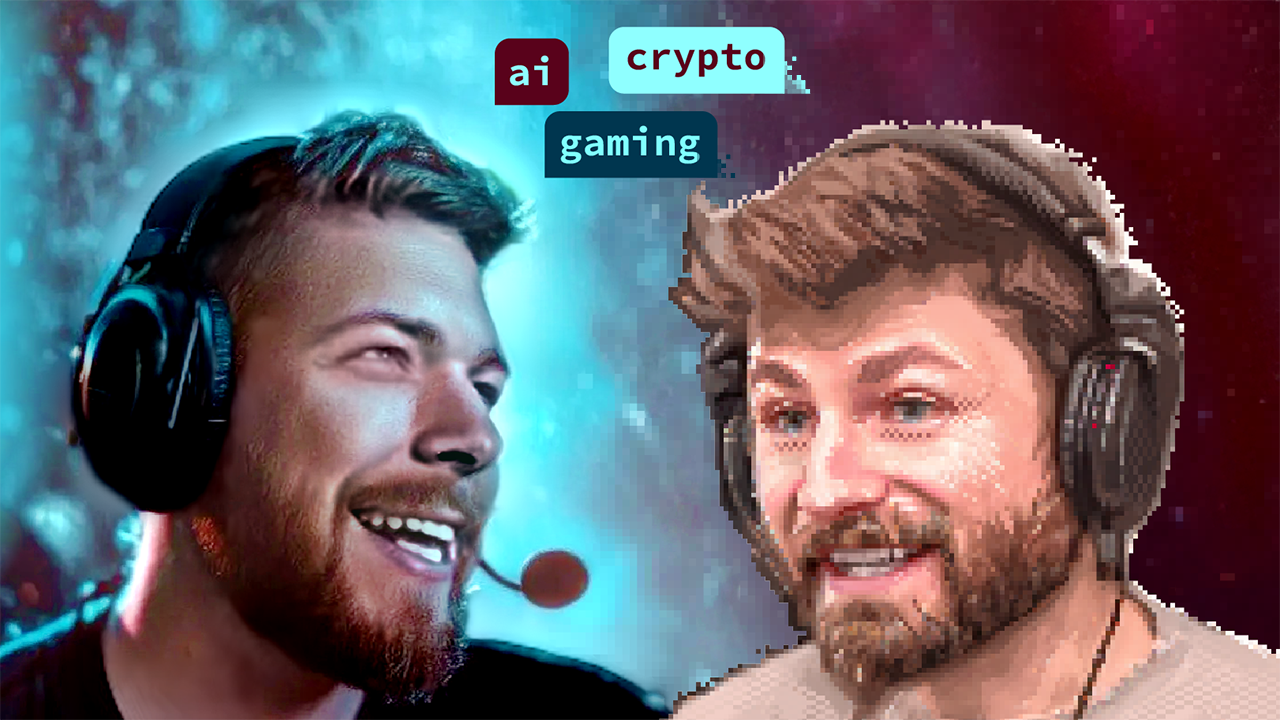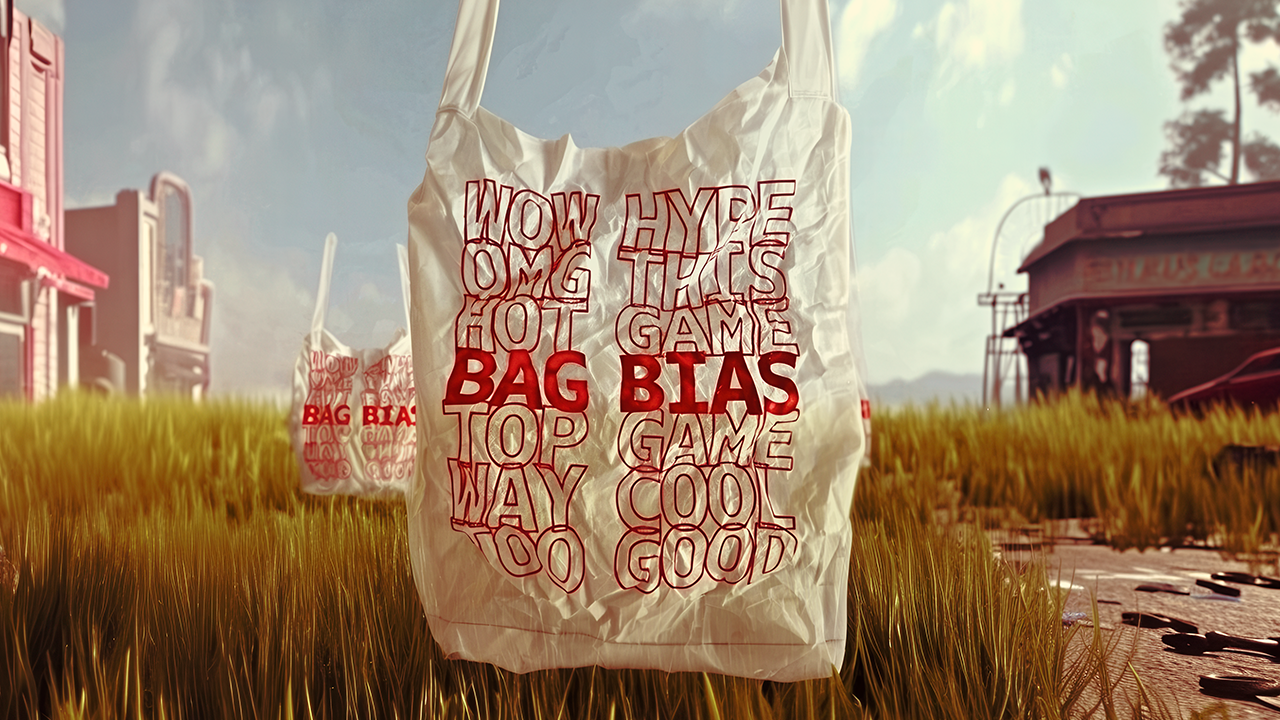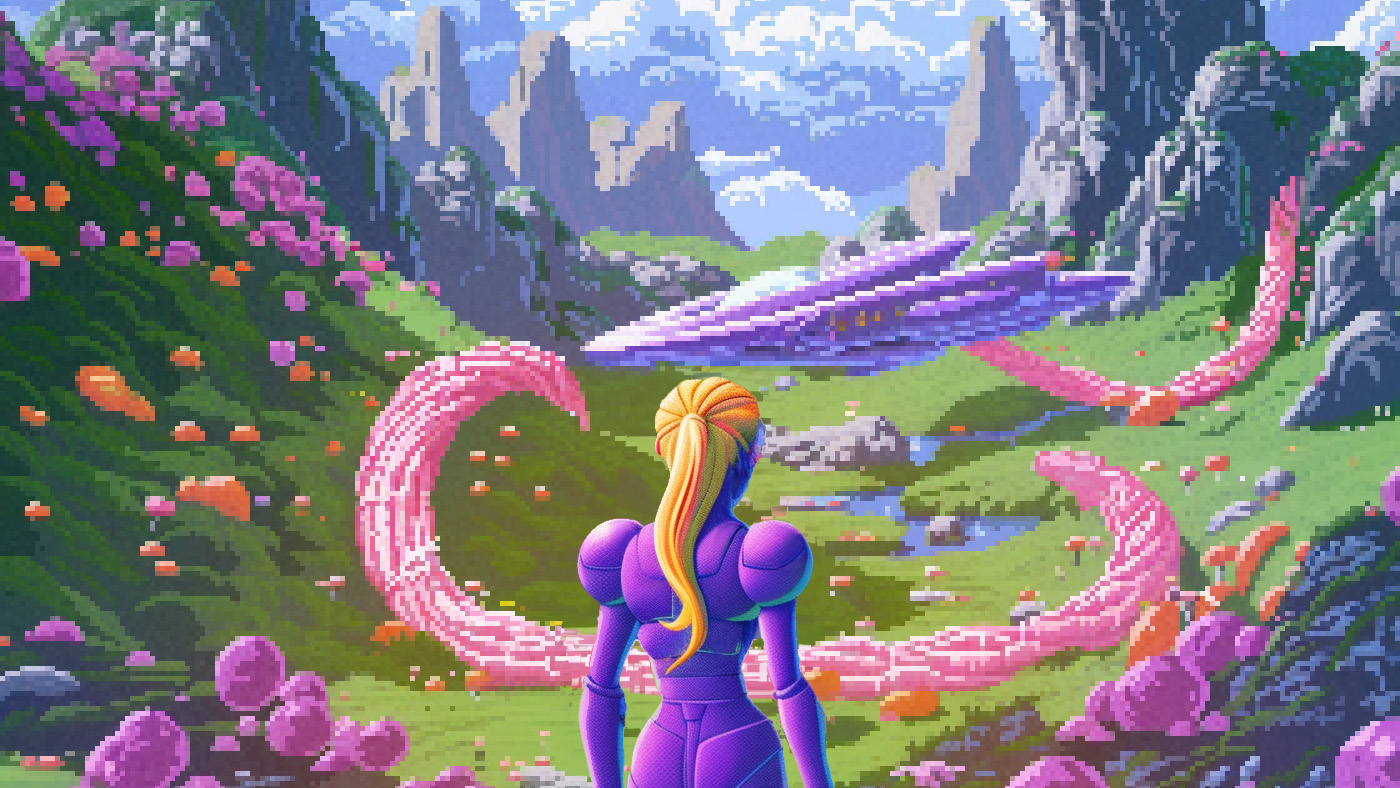I am fascinated by the blockchain world, and part of that fascination comes from witnessing how people boldly, and sometimes blithely, create stuff out of thin air.
Others react badly to this – “it’s not real” – but that reaction stems from a mistake about reality. After all, money, governments, law: they are all in the same boat. They only exist when we collectively believe in them.
In blockchain gaming (BG) what we are witnessing, and taking part in, is the birthing of new kinds of real things. There’s an inherent risk, though: fraud.
There are people who see an opportunity, in the absence of laws and regulations, to exploit belief.
We have three interesting case-studies here, none of whom have yet been brought to trial: Sam Bankman-Fried, Do Kwon, and Justin Sun. All three were in the news this week.
SBF
I’m looking forward to the Bankman-Fried Netflix series where they attempt to portray how a man could become so fiscally ungrounded as to pay himself more than $2b while running a business without an accounting department using a couple of Excel spreadsheets. Read
The Montenegro bust

Terraform’s founder Do Kwon was caught at the airport with fake papers, according to Montenegrin authorities. Kwon is interesting because he gave an interview while on the run, denying he was on the run.
“Every time the location of where I live becomes known, it becomes almost impossible for me to live there.”
Must be why he studiously avoided turning himself in while zipping all over the world. Read
Justin Sun

The really big news this week was that America’s Securities and Exchange Commission (SEC) charged Tron founder Justin Sun with issuing unregistered securities, the BTT and TRX tokens. He was also accused of “wash trading” – artificially inflating trade volumes by buying from himself – and paying celebrities to endorse the tokens without disclosing the financial incentive.
The case rests on the interpretation of the tokens as securities, an issue central to the crypto economy, and indeed to many games. If these crypto assets are securities, what of the tokens being used throughout the gaming industry to raise money and confer governance rights and other privileges on the holders?
A broad interpretation of securities status would be like a wrecking ball running through the industry … yes, but wouldn’t that wrecking ball also pick up a few fraudsters along the way? Read
“We don’t use C-suite roles here. I’m the Lore Keeper.”
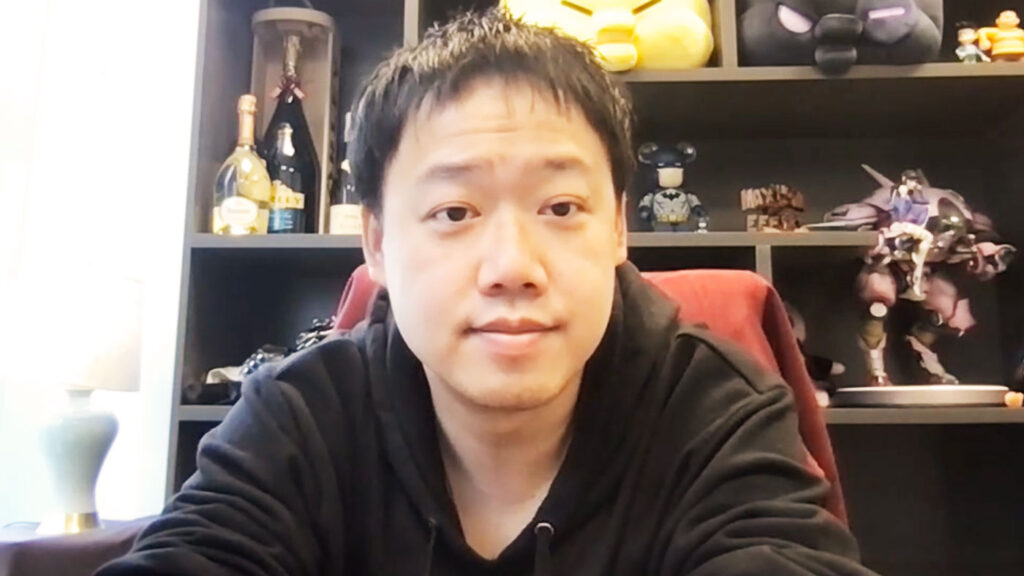
I sat down with Frank Cheng for an hour, and this is the result: an interview article that details the Apeiron founder’s beliefs and journey. I loved talking to Frank, because he’s not guarded and as opposed to the characters I mention above, he appears totally authentic. Some other choice quotes:
- “[Orange] is the one who sacks most of the people.”
- “Foonie Magus is a really random name we came up with.”
- “I was one of the top 50 players in StarCraft.”
- “I think we owned 2% of all Axies back then.”
- “10 million [players] is what I would call success.”
This interview will also form the basis for a Key Characters episode, but while we wait for that to come out I encourage you to take the time to read this piece. Read
Speaking of wash trading
Washing was one theory behind the sudden and dramatic decline of trading in Illuvium’s Illuvitar cards on March 16. Caveman covered the possibilities in this piece, but wanted to believe it was more to do with legitimate trading patterns than sleight of hand.
A final couple of thoughts from me: I have opined before about how BG has to move beyond believers, preaching to the converted. I still think that, but I also acknowledge that belief really must precede reality to make any of this work. Even at the risk of fraud.
The other thought, surveying the three men accused of illegal or predatory behaviour: fraud is probably not a binary state. It’s something you can slip into by degrees.
This is a copy of our weekly newsletter. Why not sign up for free?



